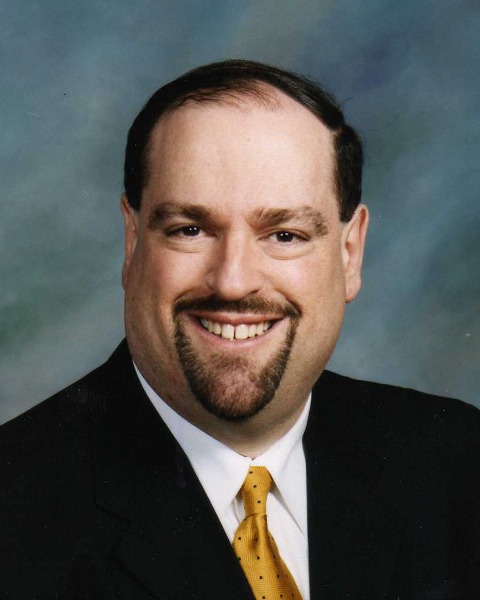Poster
Building Institutional Value for Academic CME Providers based on Sound Business Acumen

Arnold I. Meyer, Ed.D., FACEHP (he/him/his)
Senior Director of CME
Lewis Katz School of Medicine at Temple University
Primary Presenter(s)
The effect of internal financial accounting controls has often been the root of negative internal institutional public relations for academic CME enterprises. The Lewis Katz School of Medicine at Temple University Office for CME has embarked on a comprehensive review, revision, and training regarding financial and accounting policies and procedures with the goal of improving perceived institutional value of the CME enterprise.
Educational Strategy:
Senior Dean’s staff and medical school executives received training on how to unravel the complexities of corporate financial management and decision- making as it relates to the CME enterprise. Whether it’s analyzing and valuing an educational partnership or understanding the multidimensional challenges of internal bureaucracies or simply becoming more fluent in the finance and accounting nuances related to CME departmental management, leadership developed a deeper understanding of how to interpret and apply key accounting principles in practice and gain greater confidence in their decision-making skills and business acumen. The process and development of this financial quality improvement venture has had significant impact on the perceptions of executive level key leadership and faculty representatives within the institution. By sharing the analysis process and changes facilitated by this internal quality initiative, the LKSOM Office for CME provided a schema which can be adapted at similar academic CME institutions. Ultimately, we hope to eliminate financial barriers to educational programming success with the intention of shifting resources from administrative to educational focuses.
Patient-Level Outcome(s) Measured:
Outcomes weaned from our analysis and use of budgeting and financial planning techniques have improved the exchange of financial and managerial information and ultimately improved the relationships and status of the CME Office enterprise. This has facilitated opportunities for expansion and creativity which benefit faculty and administration in the utilization of CME Office related resources and services. Most importantly, this has clarified and simplified decision making involving significant financial implications. This has built both internal and external value that addresses typical academic CME provider barriers to the production of great educational ventures.
Learning Objectives:
- Build institutional value and positively influence internal public relations for their CME and CPD Offices.
- Describe key business concepts that will assist in communicating issues related to the business management of an academic CME unit.
- Identify key decision-making issues and roles pivotal to the executive leadership of medical schools.
